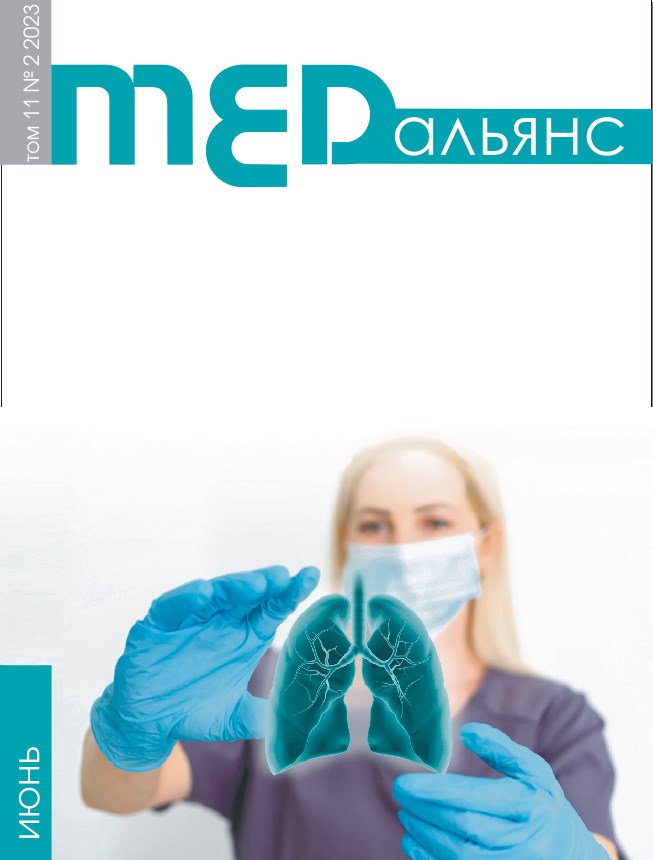Abstract
Assessment of quality of life depending on the health of pediatric, adolescent and adult patients with cystic fibrosis allow to identify the main factors that influence the quality of their lives. Оne of the most common QoL questionnaires for cystic fibrosis patients is CFQ-R, that has proven its reliability and validity in different countries and in various clinical trials. The results of the trials demonstrated that the important prognostic factors were FEV1%, gender, BMI, age, and pulmonary exacerbations: FEV1 correlated with such score indicators as «physical functioning» (r=0.27–0.76), «health erception» (r=0.34–0.66), «respiratory symptoms» (r=0.36–0.47) and «burden of treatment» (r=0.26–0.39). Patients with LES P. aeruginosa epidemic strain had lower quality of life scores. Comparison of Hospital Anxiety and Depression Score (HADS) and CFQ-R domains (scores) showed that even in case of subclinical anxiety and depression (over 8 points according to HADS), the quality of life indicators were decreased, in particular in 9 out of 12 CFQ-R domains, especially for «emotional functioning» domain (p<0.001).
Female patients with cystic fibrosis had lower quality of life indicators compared to male patients, however, they had higher “body image” score. One study demonstrated that everyday physical activity promoted higher work engagement (р=0.024) and more positive attitude towards the future (р=0.032). Also, quality of life indicators were better for patients living in a family, and patients with higher social activity.
Conclusion. Quality of life in CF patients is mainly under the influence of pulmonary function indicators, disease exacerbations, and anxiety and depression. For adult CF patients, family, professional and social aspects of life are highly critical. CFQ-R questionnaire for cystic fibrosis patients has proven its sensitivity and reliability.

